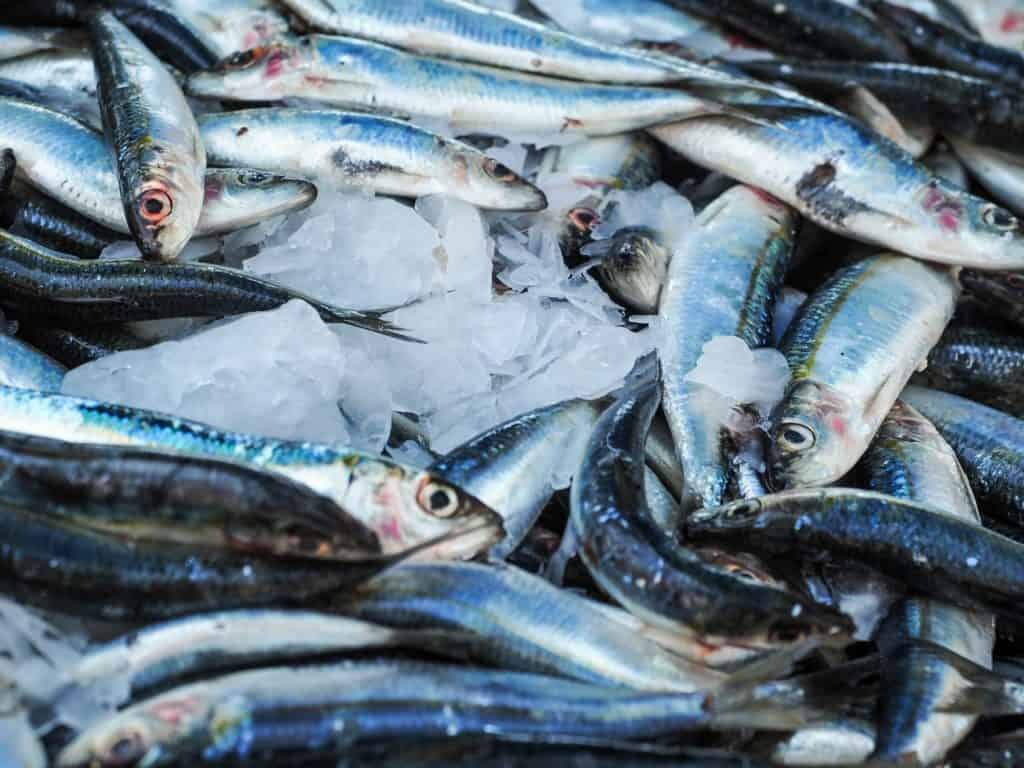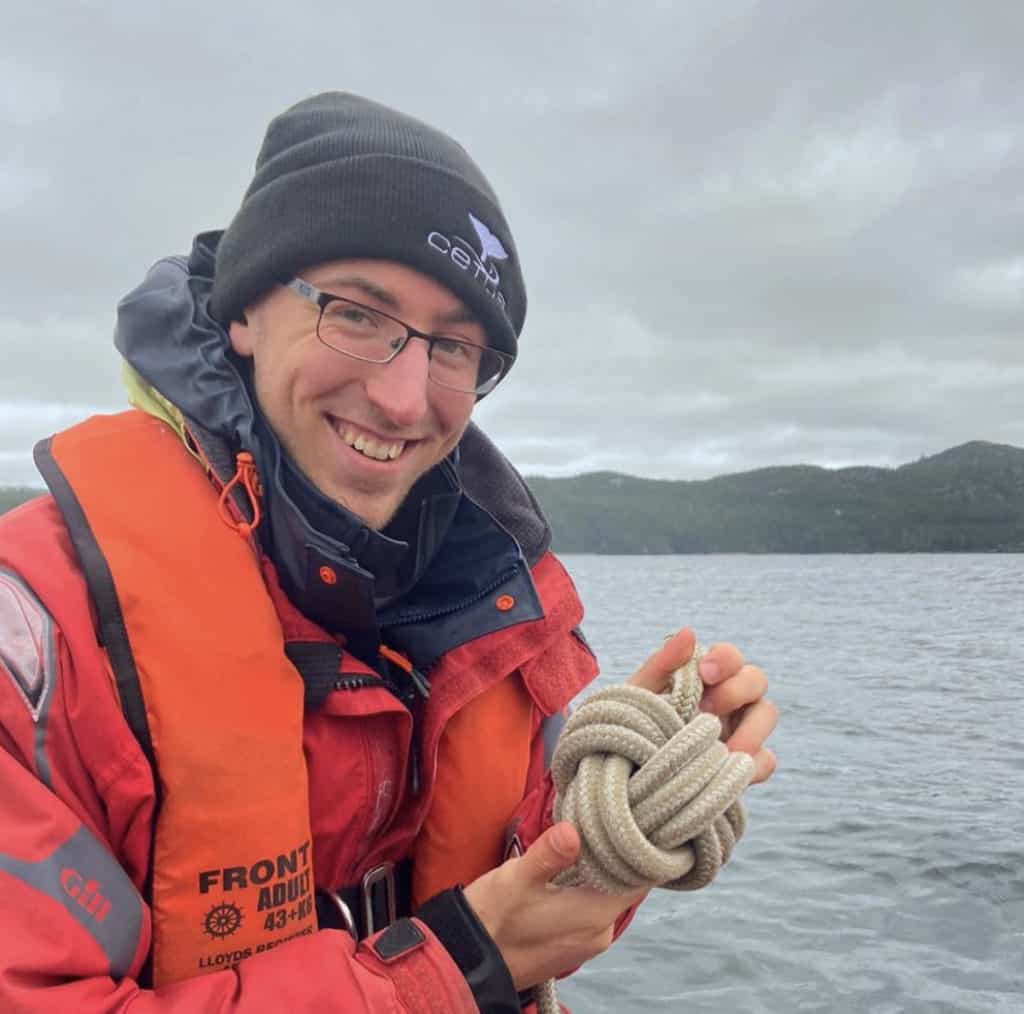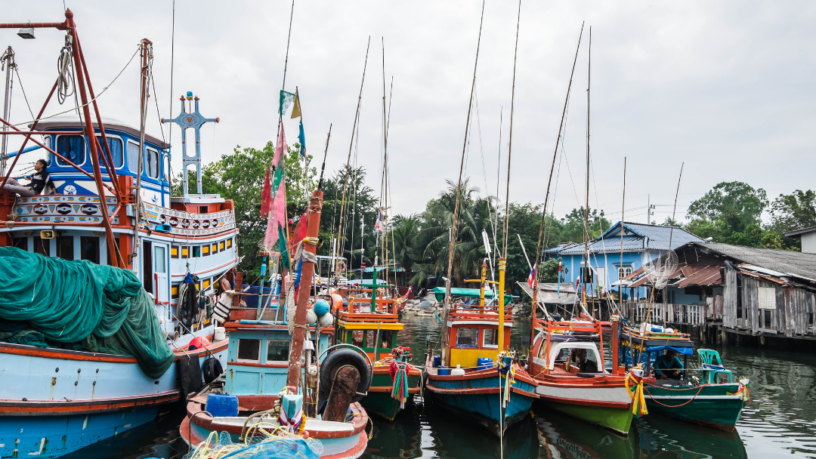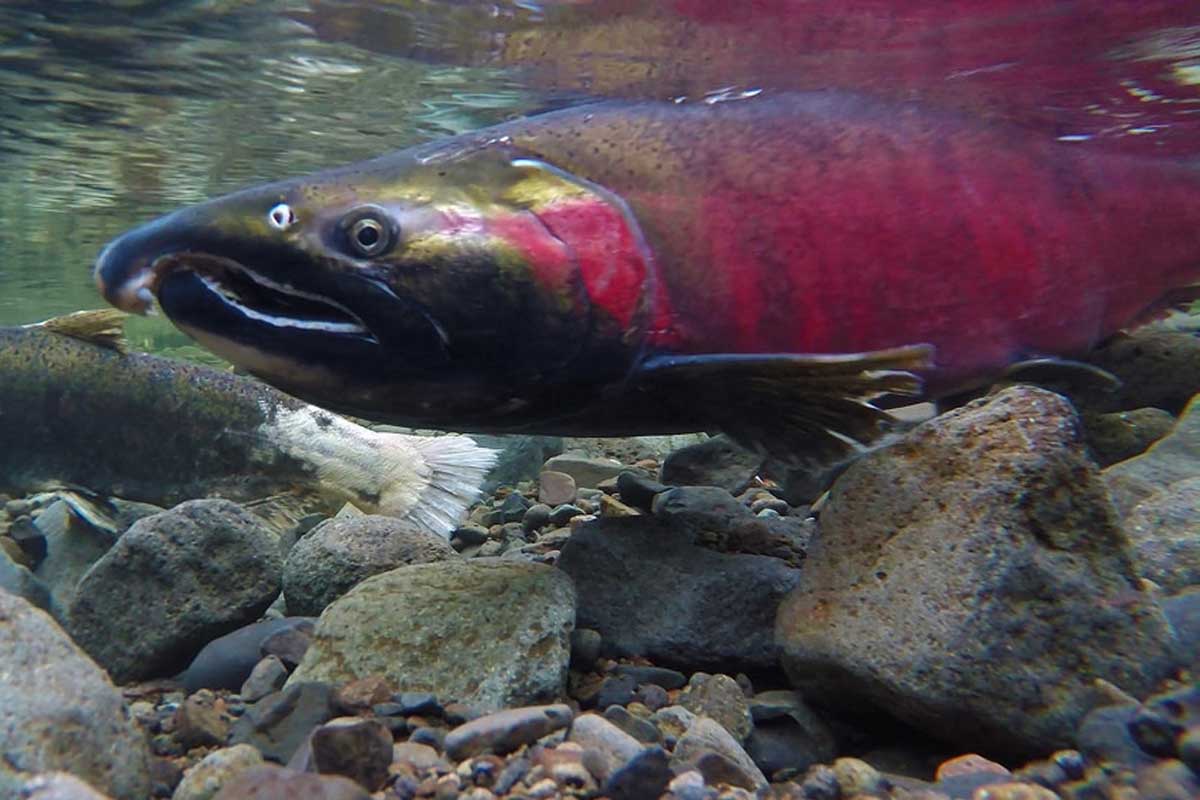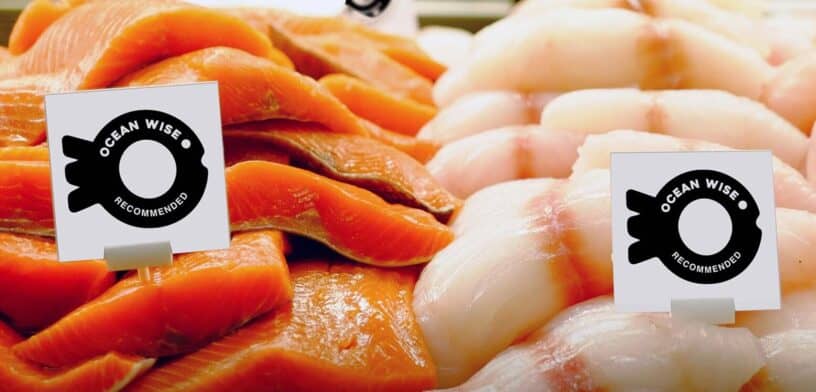
Fisheries Year in Review: The Oceana Fisheries Audit 2022 Explained
With the recent release of Oceana Canada’s Fishery Audit our Fisheries and Seafood team is busily working to incorporate their findings into our new Canadian Ocean Wise Recommendations. By working with the open access data captured in the Fishery Audit we hope to incentivize change in Canadian fisheries and shine a light on sustainable Canadian seafood products.
The first step in this process is to understand what Oceana’s Fishery Audit is, and why it is important to us!
On November 22, 2022, Oceana Canada released its annual Fishery Audit outlining the health of Canadian fish stocks. The Fishery Audit gathers information from the Department of Fisheries and Oceans Canada (DFO) including management strategies and stock abundance (How many fish there are of a certain species). Stock health is determined using metrics of fisheries management called “maximum sustainable yield” (MSY) which is “the largest volume of fish that can theoretically be harvested without reducing the size of the population over the long term” (Oceana Fishery Audit 2022). At Ocean Wise, we use this valuable data to inform our fisheries assessment criteria and determine if the stock can support a sustainable fishery. In Oceana Canada’s Fisheries Audit, produced annually for the past six years, each stock falls into one of the following categories:
- Healthy – A stock is considered healthy if there are enough fish to support more than 80% required to support MSY. This means that management decisions are working to keep the population healthy and sustainable.
- Cautious – A stock is considered cautious if the fish population can only support 40-80% needed for MSY. When a stock lands in the cautious zone, fishing rates should be lowered for the population to rebuild back to healthy status.
- Critical – Critical stocks are overfished meaning significant conservatory measures are required. Less than 40% of MSY can be supported by fish populations in the critical zone.
- Uncertain – The health of the population is unknown due to missing information like stock abundance.
This year Oceana added new indicators based on Climate Change and found that 72% of fish management strategies by DFO do not consider the impacts of climate change. They have also included a Pacific salmon appendix to explore the relative health of salmon populations in western Canada. These reports help our Fisheries and Seafood team align our recommendations based on the best available knowledge.
Main Takeaways for 2022
This year, the results from Oceana’s Fishery Audit (2022) indicate Canadian fisheries overall have not improved. The number of ‘Healthy’ fisheries has decreased since 2017, meaning fewer fisheries have populations that can sustain current fishing pressures. At the current rate, it could mean less sustainable Canadian seafood for consumers.
In fact, fewer than one-third of Canadian fish stocks are considered healthy. One in 5 stocks are critically depleted and most lack the plans needed to rebuild populations. Over 33% of stocks are missing data which results in an ‘Uncertain’ status, meaning fishing continues to occur despite not knowing the health of the population.
Of significance to the restaurant industry, the audit found that stock sizes of some of Canada’s most valuable fisheries are shrinking, with snow crab and shrimp stocks ending up in the critical and cautious zones. The bottom line is that continuing on the current path is placing too much stress on many Canadian fish stocks and threatening the sustainability of many of the foods we love.
Glimmers of Hope
Despite the downward trends in this year’s report, there is always reason for hope! Although forage fish (aka. The backbone of the ocean food chain) remain considerably depleted, DFO has bought fish like Atlantic mackerel some time to recover by closing several forage fish fisheries in Canadian waters. Likewise, Ocean Wise does Not Recommend this species in Canadian waters due to concerns over its sustainability as a seafood product. Better yet, as of April 2022, DFO has implemented “rebuilding regulations” into the Fisheries Act which means that there is legal obligation by fisheries managers to outline a plan to rebuild fish stocks that fall outside of the ‘Healthy’ zone. These improvements will continue to unfold over the next few years.
Oceana Canada includes a roadmap for the future of fisheries management with the goal to have rebuilding plans in place for all fish stocks by 2024. Further, they stress that “Indigenous Knowledge Systems and ways of knowing should be incorporated into fisheries management by being considered on an equal footing with DFO science contributions and with opportunities for separate Indigenous-led assessments.” (Oceana Fishery Audit 2022). Working to achieve these goals will help Canada ensure our fish stocks are healthy and support Canadians for generations.
Clearly action must be taken to protect Canada’s fish stocks. To restore Canada’s fish stocks, Ocean Wise is calling for:
- Governments to
- work with, and provide funding, to Indigenous communities, fishers and non-profits to help close the uncertainty gap;
- make management decisions that are consistent with the rebuilding regulations;
- integrate ecosystem impacts into fisheries decisions, prioritizing rebuilding of depleted forage fish;
- work with fishers to ensure everything caught in a fishery is counted – including for recreational and bait purposes – and incorporate this into fisheries management decisions;
- Fishers to consider adapting sustainable solutions where possible, such as bycatch mitigation measures.
- Chefs and Restaurants to choose sustainable seafood and promote healthier fish stocks to consumers as attractive food options;
- Consumers to look for the Ocean Wise Seafood symbol and choose sustainable seafood every time they buy!
The data from Oceana Canada’s Fishery Audit will be incorporated directly into Ocean Wise Seafood recommendations, including our upcoming rapid assessment guidelines, which will be more inclusive of small-scale fisheries. Look for new Ocean Wise recommendations coming January 2023.
For more on this topic follow Ocean Wise Seafood on Instagram, Twitter, and Facebook.
Posted December 7, 2022 by Rosemary Newton
